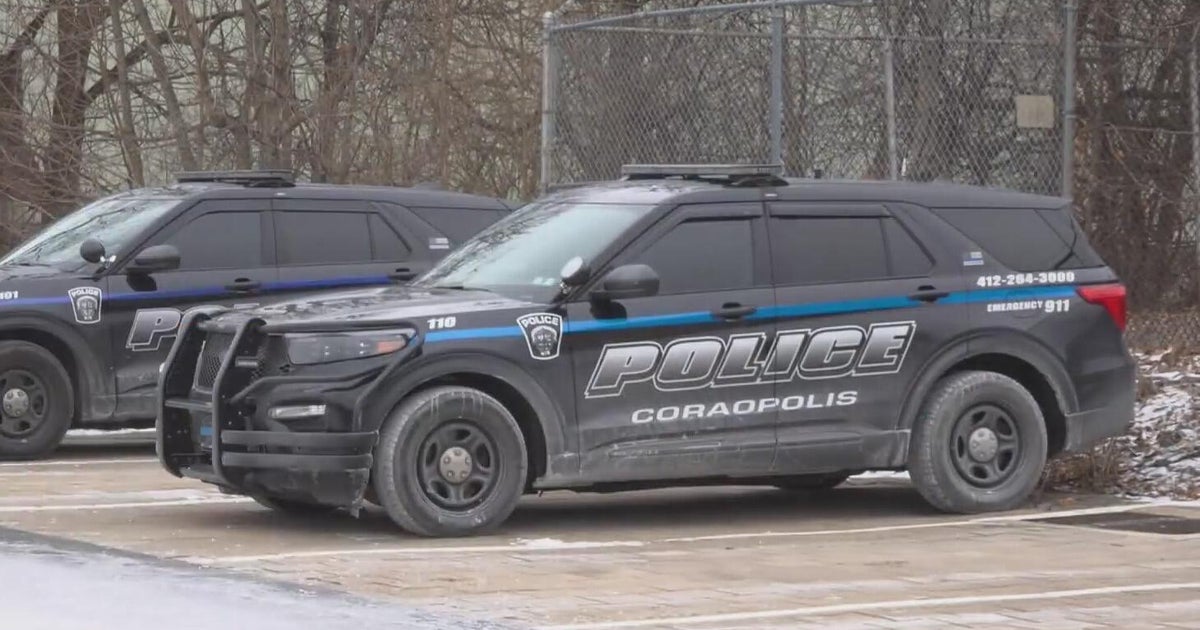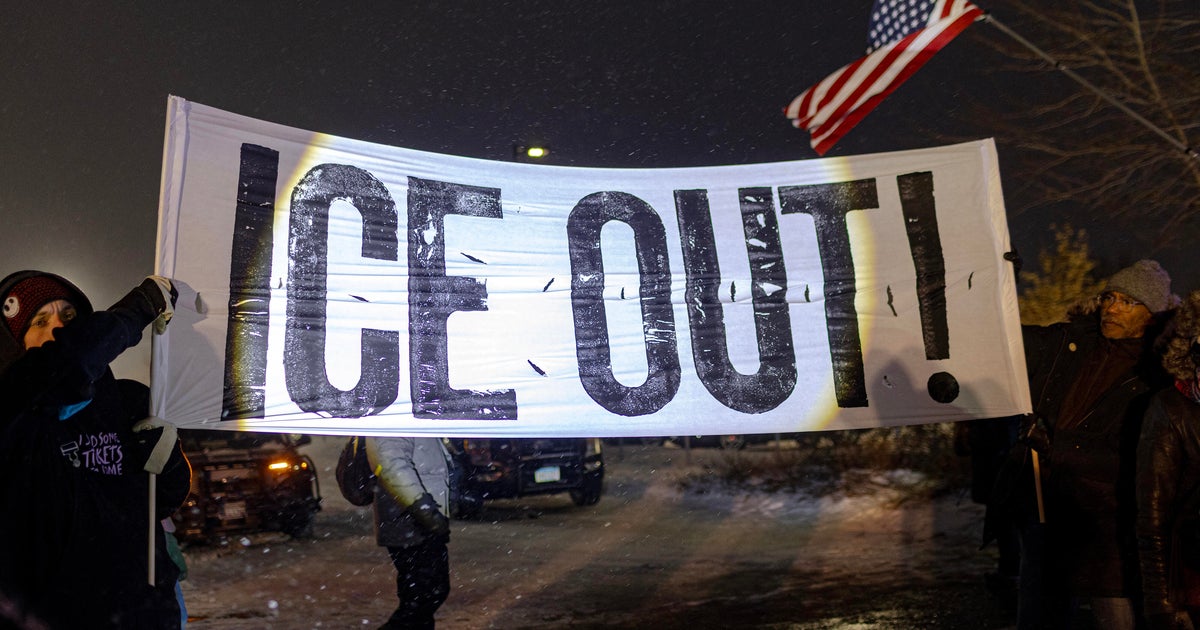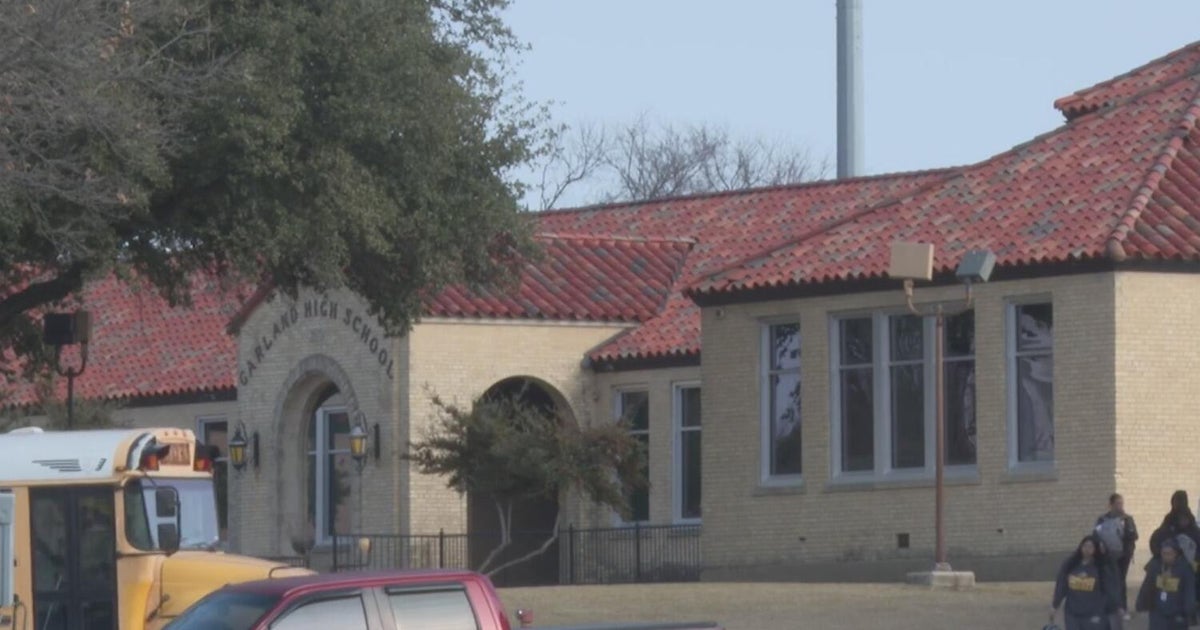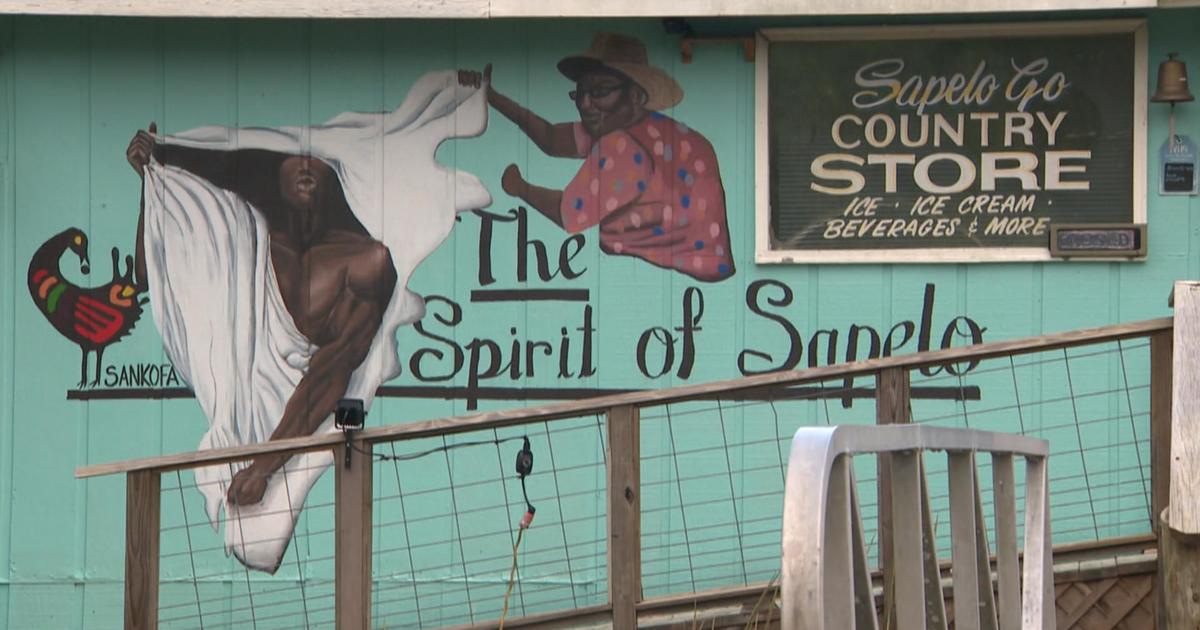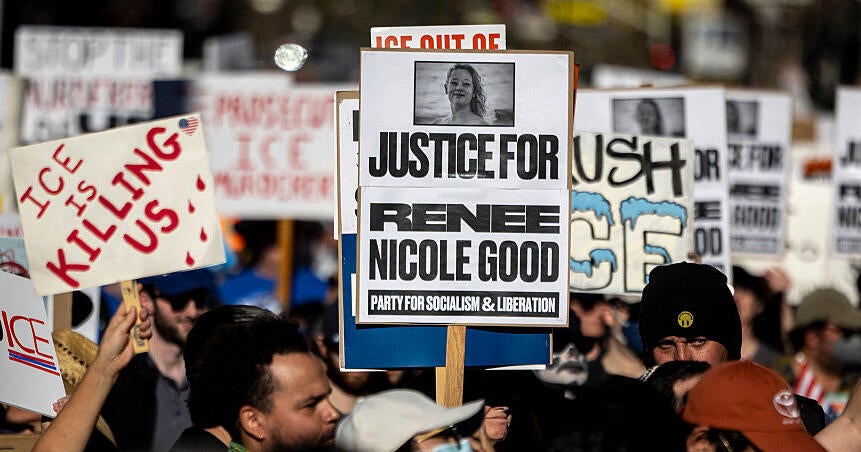Mpls. City Council Votes To Repeal Spitting, Lurking Ordinance
MINNEAPOLIS (WCCO) -- The Minneapolis City Council voted Friday morning to repeal two laws that some say encourage racial profiling.
The council vote was 12-1 in favor of rolling back those ordinances. Minneapolis Mayor Betsy Hodges praised the city council's decision.
"These two ordinances are antiquated, unnecessary and unfairly affect people of color in our community," Hodges said. "It's about time we got them off the books. I thank the council for moving forward and taking this important next step to make changes that help enable more equitable outcomes."
Members of the city council say they listened to the voices of the people, and decided to repeal the laws.
"In my opinion, these are two small things we can do to demonstrate our commitment to solving that structural problem," Council Member Cam Gordon said.
More than 100 supporters from Black Lives Matter and Neighborhoods Organizing for Change attended the meeting at Minneapolis City Hall.
A recent study by the American Civil Liberties Union examined more than 96,000 arrests by the Minneapolis Police Department. The report found black people account for 19 percent of the population and 59 percent of low-level arrests like driving offenses, curfew violations or trespassing.
Their figures suggest black citizens are nine times more likely to be arrested for these offenses than white citizens.
Community activists have said they want Minneapolis to be a place where everyone is treated equally. They believe repealing the spitting and lurking laws would be the most logical first step, and claimed victory on Friday.
"It's used by officers as a pretext to stop people, to frisk them, to search them in violation of their constitutional rights," Minneapolis NAACP President Nakima Levy-Pounds said.
She says more work still needs to be done.
"If we're serious about equity within the city, we need to focus on policing practices, but we also need to look at the unemployment situation within the city of Minneapolis," Levy-Pounds said. "So many of the folks that are cited for low-level offenses are poor, many of them are homeless, many of them lack employment opportunities. That's unacceptable in a city that claims to be progressive and liberal."
While organizations that supported the repeal celebrate, there are some who are worried about what happens next. Steve Cramer is CEO and president of the Minneapolis Downtown Council.
"Whether its lurking or loitering or aggressive panhandling, any number of these so-called 'low-level offenses' really are important to have on the books and to enforce when necessary to keep downtown and neighborhoods the way we want it for everybody who lives here," Cramer said.
For Cramer and downtown merchants, it's a livability issue. For organizations and activists, it's the first step towards reform.
"We know that much work remains to be done in order to bring about a cultural shift in terms of our policing practices within the city of Minneapolis," Levy-Pounds said.
Out of the 44,000 arrests in Minneapolis last year, about 90 were for lurking or spitting.
Minneapolis Police Chief Janeé Harteau said she continues to have open and candid conversations on race and policing on the local level, but it is imperative people realize this is also a national issue.
The ordinance against spitting had been on the books since 1898.
